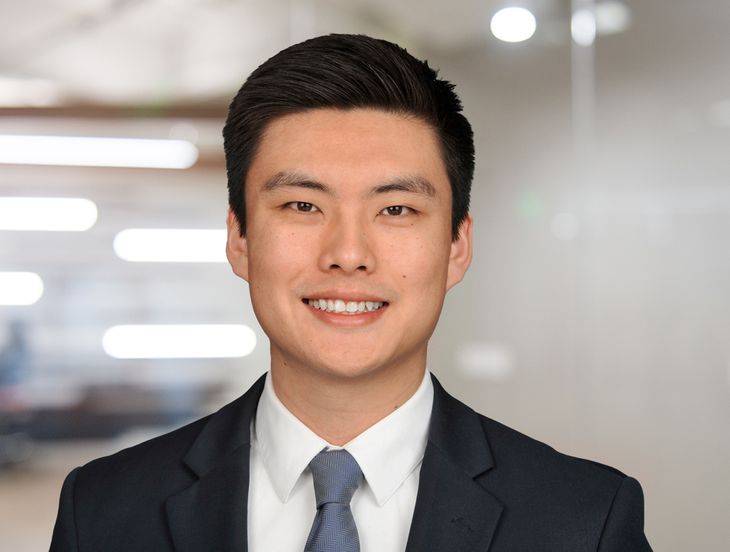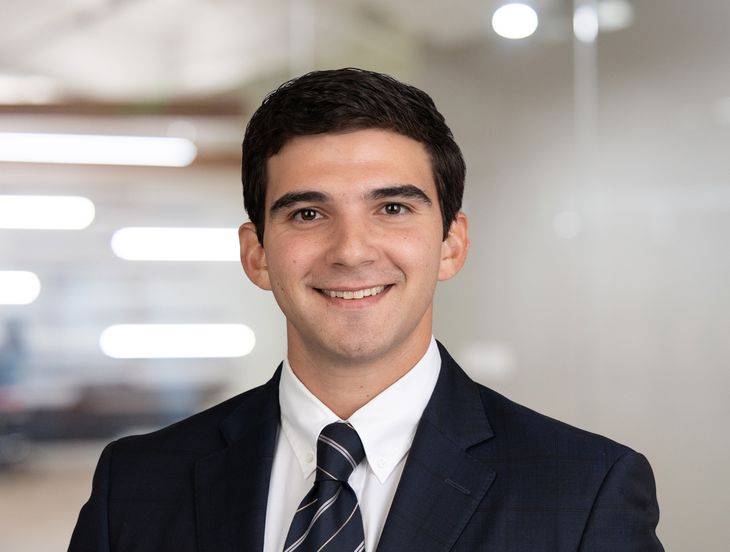Looking Ahead to Leeper: California Supreme Court to Address “Headless” PAGA Claims
Insights
11.17.25
Even with the statutory clarifications that came along with last year’s PAGA reforms, California courts continue to wrestle with one of the thorniest aspects of the law: whether plaintiffs can maintain particularly troubling and costly “headless” PAGA claims against employers. The issue of whether a pre-reform plaintiff can maintain a representative PAGA action on behalf of employees other than themselves (also known as a “non-individual” PAGA claim) without alleging an individual PAGA claim has caused confusion for many. However, there is a potential resolution on the horizon. The California Supreme Court is set to decide the issue in the Leeper v. Shipt, Inc. case, which we anticipate to be released in early 2026. What do employers need to know about this much-anticipated decision?
Did California Employers Celebrate Too Soon?
When California’s long-anticipated Private Attorneys General Act (PAGA) reforms took effect in 2024, employers celebrated the reshaped standing requirements, penalty structures, and procedural mechanisms for representative enforcement. Among the most impactful changes: a PAGA plaintiff must have experienced at least one Labor Code violation within the preceding year to maintain standing for that claim.
This was actually not the first time California employers thought they had gained a victory in the ongoing evolution of PAGA litigation. Two years prior, the US Supreme Court’s Viking River Cruises decision also appeared to mark a turning point by recognizing both a non-individual and individual PAGA claim, allowing the partial enforcement of arbitration agreements covering a plaintiff’s individual PAGA claim.
However, the optimism quickly subsided. PAGA plaintiffs began pleading their cases to exclude any arbitral components or dismissing their individual PAGA claim, asserting representative-only, “headless” PAGA claims intended to sidestep arbitration entirely.
The result? A deeply divided circuit split. Some California courts permit plaintiffs to proceed with such headless representative actions. Others maintain that a plaintiff who disclaims or arbitrates their individual claims forfeits standing to pursue any PAGA claim on behalf of others.
The Rise of the Headless PAGA Claim
Headless PAGA actions became widespread following a 2024 Second District Court of Appeal decision.
- In Balderas v. Fresh Start Harvesting, Inc., the court held that “an employee who does not bring an individual claim against her employer may nevertheless bring a PAGA action for herself and other employees of the company.”
- In that case, the plaintiff acknowledged that she did not pursue an individual claim, instead only alleging that “she is proceeding herein solely under the PAGA, on behalf of the State of California for all aggrieved employees.”
- By finding that PAGA standing did not “depend on the viability or strength of a plaintiff’s individual PAGA claim,” Balderas established the framework that enables PAGA plaintiffs to maintain a representative PAGA action without asserting an arbitrable individual PAGA claim.
Later that year, the same Second District Court of Appeal confusingly came to the opposite conclusion in another case.
- The Rodriguez v. Lawrence Equipment, Inc., decision held that an arbitrator’s final ruling as to a PAGA plaintiff’s individual claims is binding and precludes a related or subsequent PAGA action.
- There, the court concluded that all of plaintiff’s wage and hour claims were “litigated and necessarily decided in the arbitration proceedings.”
- Therefore, the court dismissed plaintiff’s suit for lacking standing to pursue his non-individual PAGA cause of action after failing to establish any Labor Code violations in arbitration.
What Have We Seen So Far in 2025?
Things continued to churn in 2025 with the decision in Williams v. Alacrity Solutions Group, LLC. The Second District Court of Appeal’s ruling in that case further emphasized that a plaintiff must, at a minimum, maintain standing to pursue a PAGA claim by establishing that the “individual claim is timely as to at least one Labor Code violation.”
Just last month, the Fifth District Court of Appeal held that a PAGA plaintiff may avoid arbitration by bringing a headless PAGA claim solely based on “Labor Code violations suffered only by other employees.” Notably, October’s Galarsa v Dolgen California, LLC decision addresses only “the version of PAGA in effect from mid-2016 to mid-2024.” By noting the limited scope of its holding, the court indicated that its analysis applies solely to pre-reform PAGA claims and should not be read to address, much less resolve, issues arising under the post-reform PAGA framework.
Resolution in Sight?
The good news is that a resolution regarding headless PAGA actions seems to be on the horizon. Earlier this year, the California Supreme Court granted review of the Leeper case to address the circuit split.
In this case, the plaintiff alleged a single PAGA cause of action, brought on a representative, non-individual basis. In order to support this headless claim, the plaintiff relied on the court’s decision in Balderas.
However, the Second District Court of Appeals distinguished the Balderas case by explaining that the decision only addressed the issue of standing. According to the ruling, the court “did not have occasion to discuss, did not discuss, and its holding does not address, whether a plaintiff may carve out an individual PAGA claim from a PAGA action.” Accordingly, the court ordered plaintiff’s individual PAGA claim to arbitration and stayed the litigation, emphasizing that a PAGA plaintiff cannot avoid arbitration by alleging only a non-representative PAGA claim.
What Will Happen?
From our perspective, the Second District Court of Appeal’s holding in Leeper did not turn on materially different facts from those in Balderas. Rather, it seemed to be influenced by the changed legal landscape.
Recent decisions from the Second District (Rodriguez, Williams, and Leeper) reflect a clear trend toward deference as to the Legislature’s PAGA reforms, which require a PAGA plaintiff to allege at least one Labor Code violation to maintain standing under PAGA. Based on this trend, it is entirely possible California Supreme Court will affirm the Second District’s reasoning in Leeper, thereby aligning California courts’ interpretation of PAGA with the Legislature’s reforms, and foreclosing on pre-reform “headless” PAGA claims.
Conclusion
Until the California Supreme Court issues a final decision in Leeper, which we anticipate in 2026, we’ll continue to see conflicting decisions and remain in a state of uncertainty. We will continue to monitor these developments and provide updates as necessary, so make sure you are subscribed to Fisher Phillips’ Insight System to get the most up-to-date information. If you have questions about PAGA litigation, please contact your Fisher Phillips attorney, the authors of this Insight, or any attorney in our California offices.
Related People
-
- Nathan K. Low
- Partner
-
- Ashton M. Riley
- Partner
-
- Jeremy Stern
- Associate


